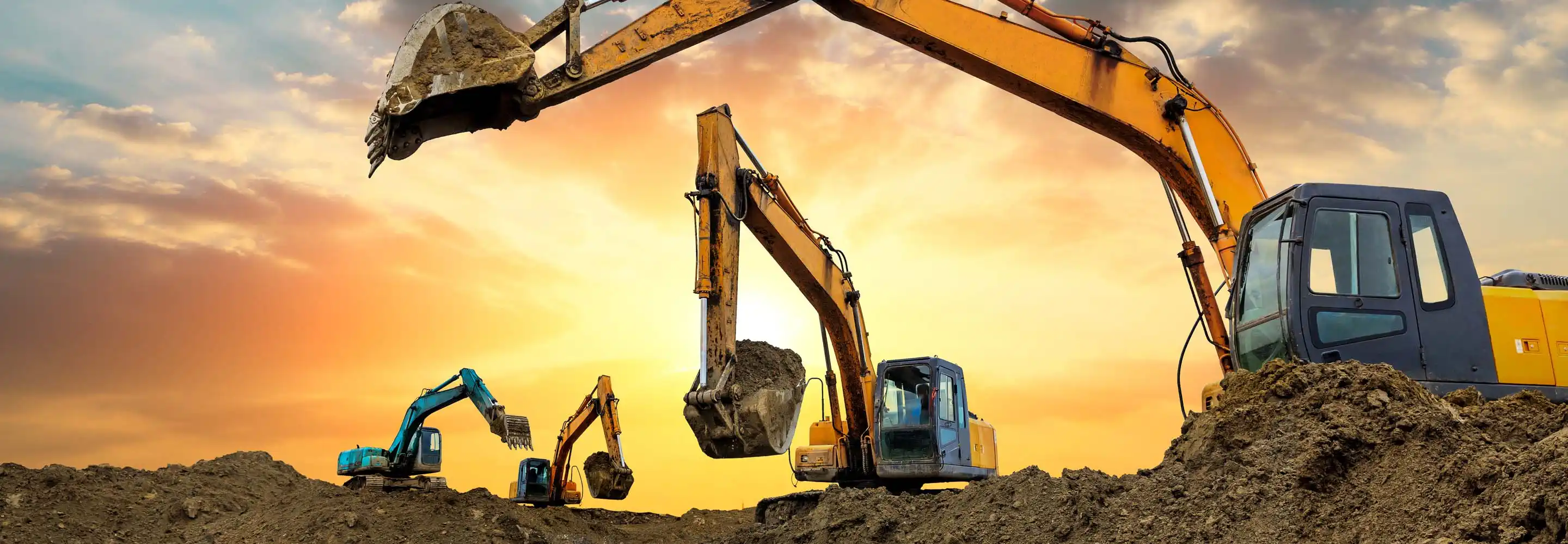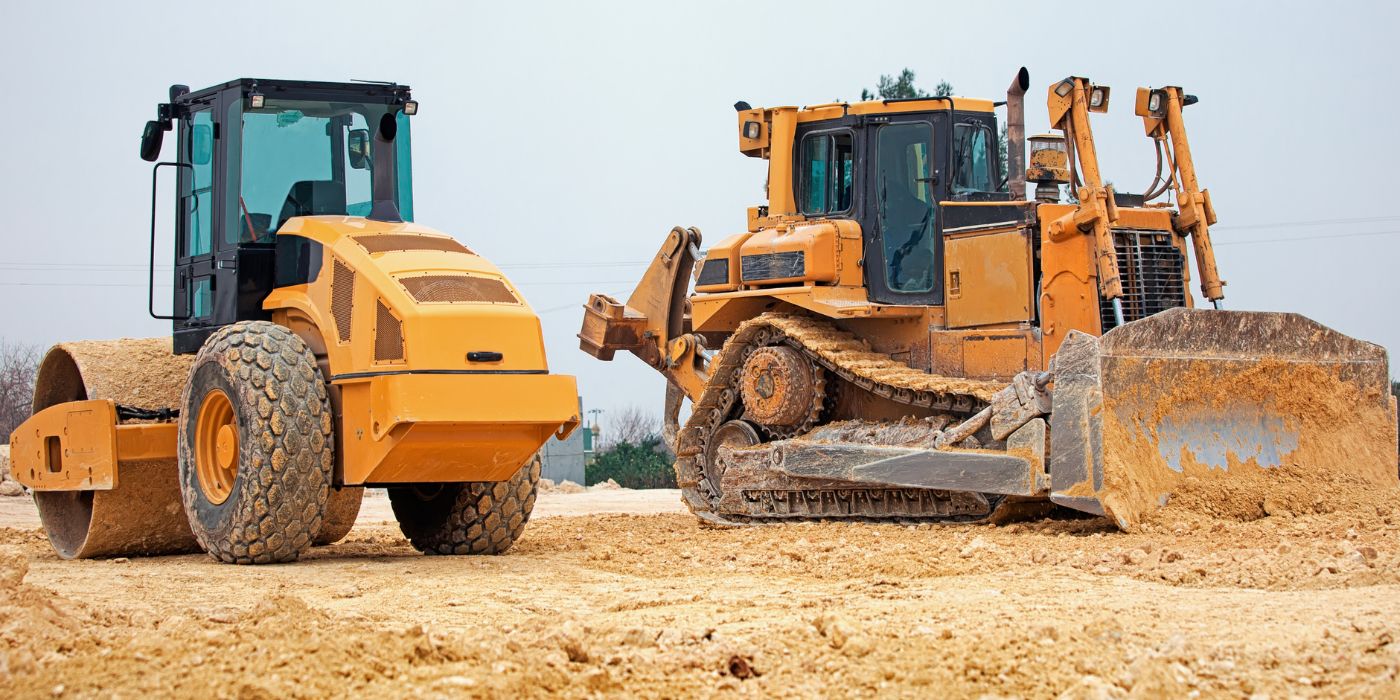Forklift Rental in Tuscaloosa, AL: Versatile Training Solutions for Your Requirements
Wiki Article
Discovering the Financial Conveniences of Renting Construction Equipment Compared to Possessing It Long-Term
The decision between renting out and having building devices is critical for economic monitoring in the market. Renting deals prompt cost financial savings and functional flexibility, enabling companies to assign sources a lot more effectively. On the other hand, ownership features significant lasting financial dedications, consisting of maintenance and devaluation. As specialists weigh these alternatives, the effect on money circulation, project timelines, and technology accessibility ends up being increasingly considerable. Recognizing these subtleties is crucial, particularly when thinking about how they align with details job demands and monetary techniques. What variables should be prioritized to ensure ideal decision-making in this facility landscape?
Price Contrast: Renting Vs. Having
When reviewing the monetary ramifications of having versus leasing building and construction equipment, a complete expense contrast is necessary for making informed decisions. The selection between owning and renting out can considerably affect a company's bottom line, and recognizing the connected prices is important.Leasing building equipment usually entails reduced upfront expenses, enabling companies to assign funding to various other functional needs. Rental arrangements usually consist of adaptable terms, allowing companies to accessibility progressed machinery without long-term commitments. This adaptability can be specifically useful for short-term projects or changing work. Nonetheless, rental expenses can accumulate gradually, possibly exceeding the expenditure of ownership if tools is required for a prolonged duration.
Conversely, owning building tools requires a substantial preliminary investment, together with recurring expenses such as funding, insurance, and devaluation. While ownership can bring about lasting savings, it also binds funding and might not supply the very same level of flexibility as leasing. In addition, possessing equipment necessitates a commitment to its utilization, which might not always line up with job needs.
Inevitably, the decision to lease or have must be based on a detailed evaluation of specific project needs, financial capability, and long-term critical goals.

Maintenance Obligations and costs
The selection in between having and renting building and construction equipment not only involves economic considerations however additionally includes recurring upkeep expenditures and obligations. Owning equipment requires a considerable dedication to its upkeep, that includes routine inspections, repair services, and prospective upgrades. These obligations can rapidly build up, bring about unforeseen prices that can stress a budget plan.In comparison, when leasing devices, maintenance is typically the responsibility of the rental business. This arrangement enables professionals to stay clear of the economic burden related to wear and tear, along with the logistical difficulties of scheduling repair services. Rental agreements typically include provisions for upkeep, indicating that professionals can concentrate on finishing projects as opposed to worrying concerning tools problem.
In addition, the varied variety of tools offered for rent allows companies to select the most up to date models with sophisticated innovation, which can boost efficiency and productivity - scissor lift rental in Tuscaloosa, AL. By choosing rentals, businesses can prevent the long-lasting responsibility of devices depreciation and the connected upkeep migraines. Ultimately, reviewing upkeep expenses and duties is essential for making an informed choice regarding whether to have or rent building and construction devices, dramatically influencing total project costs and functional efficiency

Devaluation Effect On Ownership

A substantial element to think about in the decision to have building and construction devices is the influence of depreciation on total possession expenses. pop over to this web-site Depreciation represents the decrease in worth of the equipment with time, affected by aspects such as usage, deterioration, and developments in innovation. As devices ages, its market price decreases, which can substantially impact the proprietor's economic setting when it comes time to offer or trade the equipment.
For building business, this depreciation can convert to substantial losses if the tools is not utilized to its max capacity or if it lapses. Owners must account for depreciation in their financial forecasts, which can result in higher overall expenses compared to leasing. In addition, the tax obligation ramifications of devaluation can be complex; while it may offer some tax advantages, these are frequently offset by the reality of reduced resale value.
Ultimately, the concern of devaluation stresses the relevance of understanding the long-term financial dedication associated with having building tools. Firms need to very carefully examine how frequently they will use the tools and the prospective economic effect of depreciation to make an educated choice about ownership versus renting out.
Economic Versatility of Renting Out
Renting building equipment uses substantial financial versatility, enabling companies to allot sources extra effectively. This versatility is specifically critical in a market defined by fluctuating project demands and varying workloads. By deciding to rent out, businesses can avoid the considerable resources expense needed for purchasing devices, preserving cash circulation for other functional requirements.Furthermore, leasing devices makes it possible for companies to customize their tools choices to certain task needs without the long-term commitment associated with ownership. This means that organizations can easily scale their devices stock up or down based upon current and expected project demands. Subsequently, this versatility minimizes the danger of over-investment in equipment that may end up being underutilized or outdated gradually.
Another economic benefit of renting is the capacity for tax obligation benefits. Rental repayments are typically considered overhead, enabling instant tax deductions, unlike devaluation on owned and operated tools, which is topped several years. scissor lift rental in Tuscaloosa, AL. This instant cost recognition can better enhance a firm's cash placement
Long-Term Job Considerations
When evaluating the long-lasting demands of a building and construction organization, the choice between renting out and having devices comes to be more complicated. For projects with prolonged timelines, acquiring tools might appear helpful due to the potential for reduced total check prices.The building and construction sector is progressing quickly, with new equipment offering boosted efficiency and safety attributes. This versatility is specifically valuable for organizations that manage diverse projects calling for various types of tools.
Moreover, monetary stability plays an essential function. Having equipment typically entails substantial capital expense and devaluation concerns, while leasing allows for more predictable budgeting and capital. Inevitably, the choice between renting out and possessing needs to be straightened with the calculated purposes of the building service, taking into web consideration both present and anticipated task demands.
Conclusion
To conclude, renting building and construction tools provides considerable monetary benefits over long-lasting possession. The minimized upfront expenses, elimination of upkeep responsibilities, and evasion of depreciation add to improved money flow and monetary flexibility. scissor lift rental in Tuscaloosa, AL. Moreover, rental repayments act as prompt tax reductions, further profiting specialists. Ultimately, the choice to rent rather than own aligns with the vibrant nature of building jobs, enabling adaptability and accessibility to the current equipment without the financial worries connected with possession.As tools ages, its market value decreases, which can significantly affect the owner's financial setting when it comes time to market or trade the devices.
Renting building tools provides considerable monetary flexibility, enabling business to allocate resources much more effectively.Additionally, renting tools enables companies to tailor their equipment options to specific task requirements without the lasting dedication associated with possession.In final thought, renting out building and construction tools offers significant financial benefits over long-term ownership. Eventually, the decision to lease instead than own aligns with the vibrant nature of construction projects, allowing for adaptability and access to the most current tools without the financial burdens linked with ownership.
Report this wiki page